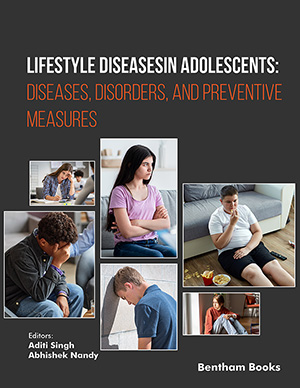Abstract
Among women of reproductive age, polycystic ovarian syndrome (PCOS) is
one of the most prevalent endocrinological diseases. It is a metabolic and endocrine
disorder in women that affects hormone levels. PCOS comes with many comorbidities,
which include obesity, which has been associated with an increased risk of
cardiovascular disease, diabetes, and metabolic abnormalities, as well as a reduced
response to reproductive therapy such as laparoscopic ovarian diathermy,
gonadotropins, and clomiphene citrate. Genetic, dietary modification, lifestyle, and
obesity play an important role in causing PCOS in women. Women with PCOS are
more likely to have mood disorders than other women, including bipolar disorders,
depression, and anxiety, and worse quality-of-life ratings. Adolescent growth and wellbeing are significantly impacted by depression. Studies have shown that women with
PCOS are more likely to have increased carotid intima-media thickness and elevated
coronary artery calcium scores. Menstrual abnormalities, increased androgen
symptoms, and infertility are all improved by losing weight. Management of clinical
manifestations of PCOS includes oral contraceptives for menstrual irregularities and
hirsutism. Recent data suggest that proper diagnosis and management of PCOS are
essential to address patient concerns and prevent future metabolic, endocrine,
psychiatric, and cardiovascular complications.
Keywords: Adolescents, Polycystic ovarian syndrome.






















